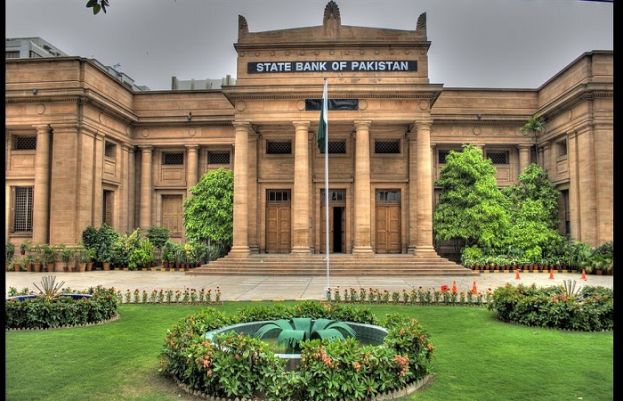
“In recent months, real money supply growth has drifted above its trend,” said the central bank in a circular, adding that the latest measure will moderate this growth as well as domestic demand, thereby helping to sustain the current economic recovery, achieve the government’s medium-term inflation target, and reduce pressures on the rupee.
The SBP said it has decided to increase the average CRR to be maintained during a period of two weeks by scheduled banks, from 5pc to 6pc and minimum CRR to be maintained each day from 3pc to 4pc.
The CRR is the amount of money that banks are required to keep with the central bank and is applicable on demand liabilities and time liabilities with tenor of less than a year.
“Time liabilities with tenor of more than one year shall continue to be exempted from maintenance of cash reserves,” said the SBP.
“With the economy recovering briskly from last year’s acute Covid shock, there is a need to gradually normalise policy settings, including the growth of monetary aggregates,” said the SBP.
The latest policy measure will reduce the monetary expansion because in Covid times huge liquidity was injected into the economy either through direct government deficit spending or increased lending to businesses and consumers to gear up economic growth.
The government had pumped around Rs435.7bn under Temporary Economic Refinance Facility (TERF), which expired on March 31. The scheme was launched to support the economy from Covid shocks.
The policy was adopted to stimulate the economy by boosting demand through monetary and fiscal stimulus while intended to prevent or moderate economic downturns and recessions.
“In addition, this measure is likely to have positive impact on deposit mobilisation as the banks would be encouraged to generate more deposits to cope with additional liquidity requirements for their operations,” said the SBP circular.
“The new measure would be helpful to curtail the monetary expansion but it would also impact the disbursement of loans by the banks,” said Samiuallah Tariq, head of research at Pak-Kuwait Investment Company.
The data available at the SBP website shows that the private sector borrowed Rs226.5bn during the first four months of FY22 against a net debt retirement of Rs96.5bn in the same period of last fiscal year FY21.
The State Bank said the latest measure would incentivise banks to offer better returns on deposits to attract these funds; thus serving the SBP’s objective of encouraging savings.
“The waiver of CRR on time liabilities with tenor more than a year will encourage banks to raise more long-term deposits, which will facilitate asset-liability matching and enable banks to extend long-term loans for construction and housing financing,” said the SBP.
The disbursements under the Prime Minister’s Low-Cost Housing Scheme had highly been disappointing at just Rs18bn so far against the loan applications of about Rs200bn.
from latest-news - SUCH TV https://ift.tt/3qAVCLZ
No comments:
Post a Comment